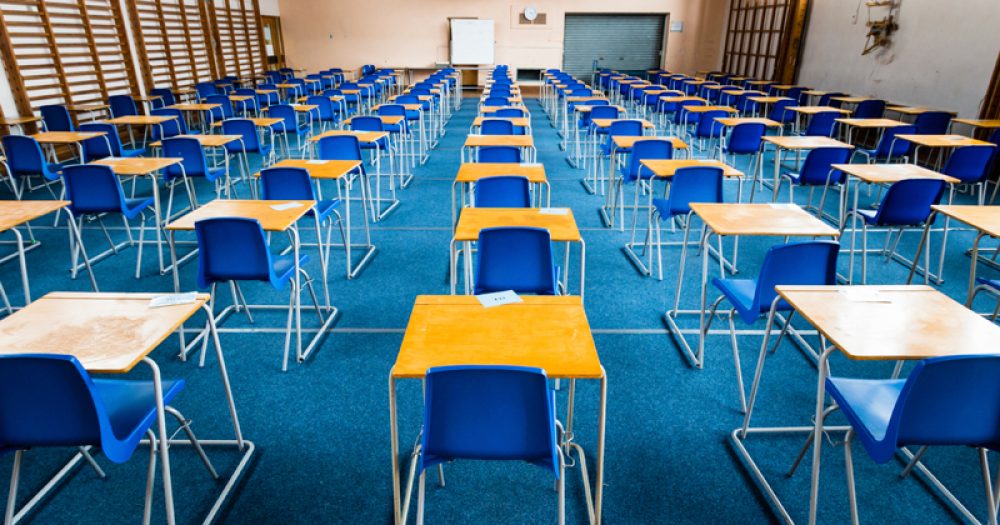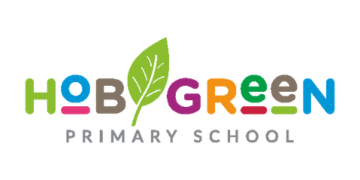Education secretary Justine Greening has this morning announced a consultation on a raft of primary school assessment changes – including scrapping SATs for seven-year-olds.
The consultation will run for 12 weeks, and is expected to be published later today.
Schools Week has rounded up the key proposals:
1. Scrap key stage 1 tests for 7-year-olds
The consultation proposes making key stage 1 assessments non-statutory (translation: make them optional). This will apply to both teacher assessments and tests, the government said.
But this will only come into effect when a new reception baseline test has been set up (see below). Schools will also still be able to get KS1 test materials to help benchmark pupils and inform parents.
But the government will continue to “ensure academic standards remain high” by doing a sample – the details of how this will be decided are up for consultation. But it could end up looking something like the national reference tests.
2. Establish new baseline assessment for reception pupils
The government wants to bring forward the starting point for school progress measures during primary education.
This means they will measure progress starting from reception, all the way to the end of primary.
This will be done through the introduction of a new “teacher-mediated” baseline assessments, which will be developed by the profession to “ensure schools are measured on how they support every child”. (Although here’s what happened last time the government tried to introduce a baseline test)
The tests would not be used as a school accountability measure. The consultation says the results would only be published at national level for transparency, but wouldn’t be published at school level, nor shared with regional schools commissioners, local authorities or Ofsted. That is a huge change.
3. Give the early years foundation stage profile a makeover
The government will also consult on how to make improvements to the early years foundation stage profile to “reduce burdens” on staff.
They also ask about the sorts of data that should be collected so more is known about a child’s “school readiness”.
The consultation does suggest making the profiles more rigorous could be an alternative option to introducing a new baseline (see point 2), but essentially says it does not believe this is a good option.
4. Reducing teacher assessment “burden”
The consultation asks for thoughts on removing the requirement for schools to submit teacher assessment data when it’s not used as part of school accountability.
The government is also considering whether there should be “greater flexibility” for teachers to use their judgment to assess pupils’ ability in writing – this seems to relate to the use of a “best fit” model for assessments, rather than the current “secure fit” (more on that here).
5. Ensure pupils below national levels counted in progress
The government has also launched a parallel consultation on proposals from the Rochford Review (all covered here) to ensure they “find a solution” to help children progress onto mainstream forms of assessment during primary.
At the moment pupils who work below the minimum national curriculum level are not counted in progress measures.
But the government has pledged to ensure “no child is left behind”, with schools recognised for the progress they make with all pupils – regardless of whether they are high, middle or low attainers.







The Early Years profile statements are already rigourous enough for 4-5 year olds. Reception class children need a gentle assessment tool which looks at their potential, how the child learns and to how best support a child’s learning and thinking at this age. What a child knows at 4/5 is not an accurate predictor of how they function intellectually at 11. The Early Years is about putting down the foundations to become an interested and engaged learner and thinker. Testing children at such at early age defeats this. We have the profile, make that more child friendly, listen to early years experts and organisations such as Early Education on how best to move forward. The ethos of the how children learn when they are young is being misplaced by teachers who have no real training in the early years, who believe that learning only happens when sitting on a chair and filling in worksheets. In nursery and reception classes, teachers need to be early years trained, not just by attending training courses run by the LA.